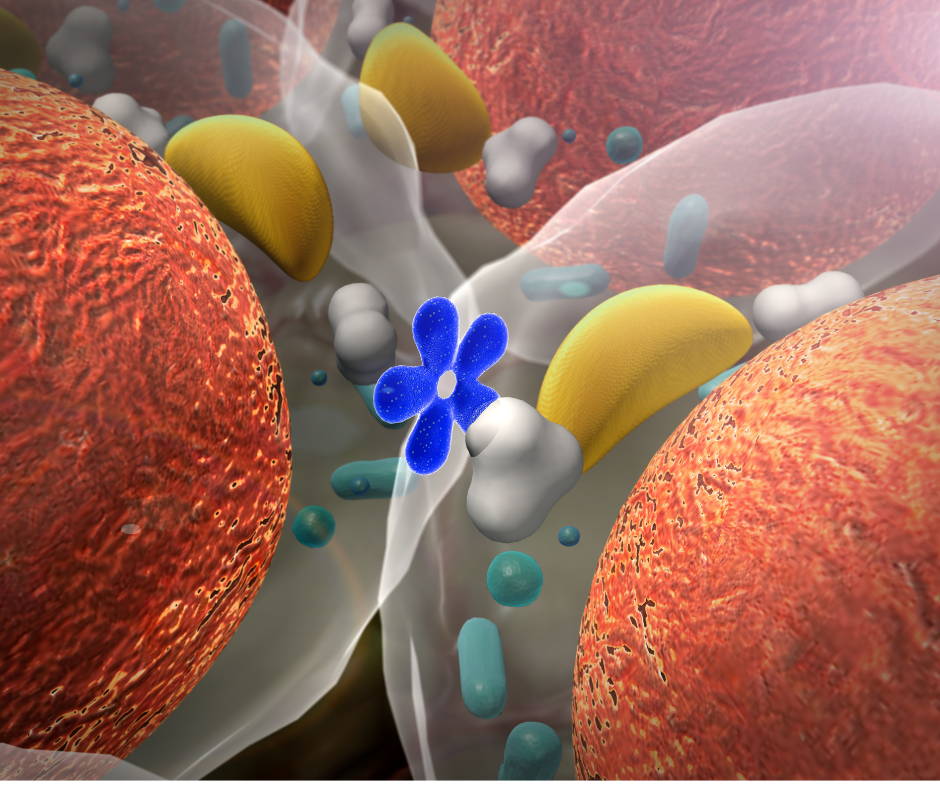Understanding weight loss isn’t just about calories in versus calories out. Hormones play a pivotal role in how our bodies store fat, feel hunger, and manage energy levels. By recognizing how hormones influence weight, you can personalize your weight loss journey for more effective and sustainable results.
The Hormonal Influence on Weight Loss
Hormones are chemical messengers that regulate many processes in your body, including metabolism, appetite, and fat storage. Key hormones that impact weight loss include:
- Insulin: Regulates blood sugar levels and fat storage.
- Leptin: Signals fullness and suppresses appetite.
- Ghrelin: Stimulates hunger.
- Cortisol: Released during stress, can promote fat storage.
- Thyroid Hormones: Control metabolism speed.
Imbalances in these hormones can make weight loss challenging, despite efforts with diet and exercise.
Personalizing Nutrition and Wellness
Tailoring your diet to support hormonal balance can enhance weight loss. For instance:
- Low-Carb Diet Tips: Reducing carbohydrate intake can lower insulin levels, encouraging the body to burn stored fat. Focus on complex carbs like whole grains and avoid refined sugars.
- Gut Health and Weight Loss: A healthy gut microbiome influences hormones like serotonin and can improve digestion and nutrient absorption. Include probiotics and fibre-rich foods in your diet.
- Natural Weight Loss Supplements: Some supplements, like omega-3 fatty acids or vitamin D, may support hormonal health. Always consult a healthcare professional before starting any supplement regimen.
Managing Stress and Emotional Eating
Stress and emotions significantly impact hormones like cortisol and ghrelin:
- Stress Management for Weight Loss: Techniques such as meditation, yoga, or deep-breathing exercises can reduce cortisol levels, minimizing stress-related weight gain.
- Emotional Eating Solutions: Being mindful of emotional triggers can help you avoid overeating. Consider keeping a journal or seeking support from a therapist.
Adapting to Life Changes
Life events can disrupt hormonal balance:
- Post-Pregnancy Weight Loss: Hormonal shifts after childbirth can affect weight loss. Gentle exercise and a balanced diet can help rebalance hormones. Consult with a healthcare provider for personalized advice.
- Weight Loss for Busy Schedules: Hormone-friendly strategies like regular mealtimes and adequate sleep can support weight loss, even when you’re short on time.
Incorporating Fitness Challenges
Physical activity influences hormones:
- Fitness Challenges for Weight Loss: Engaging in regular exercise boosts endorphins and growth hormone levels, aiding fat loss and improving mood. Even short, high-intensity workouts can be effective.
- Holistic Weight Management: Combining physical activity with mental wellness practices creates a synergistic effect on hormonal balance and weight loss.
Long-Term Fat Loss Strategies
Sustainable weight loss requires a long-term approach:
- Weight Loss Motivation: Setting realistic goals and celebrating small victories keeps you motivated. Remember that hormonal balance is a journey, not a quick fix.
- Nutrition and Wellness: Prioritize whole foods, stay hydrated, and get enough sleep to support hormonal health.
- Holistic Weight Management: Address all aspects of health—physical, mental, and emotional—for lasting results.
Conclusion
Hormones significantly influence your ability to lose weight. By personalizing your approach to diet, exercise, and lifestyle, you can create a hormonal environment conducive to weight loss. Understanding and working with your body’s signals leads to more effective and sustainable outcomes.

